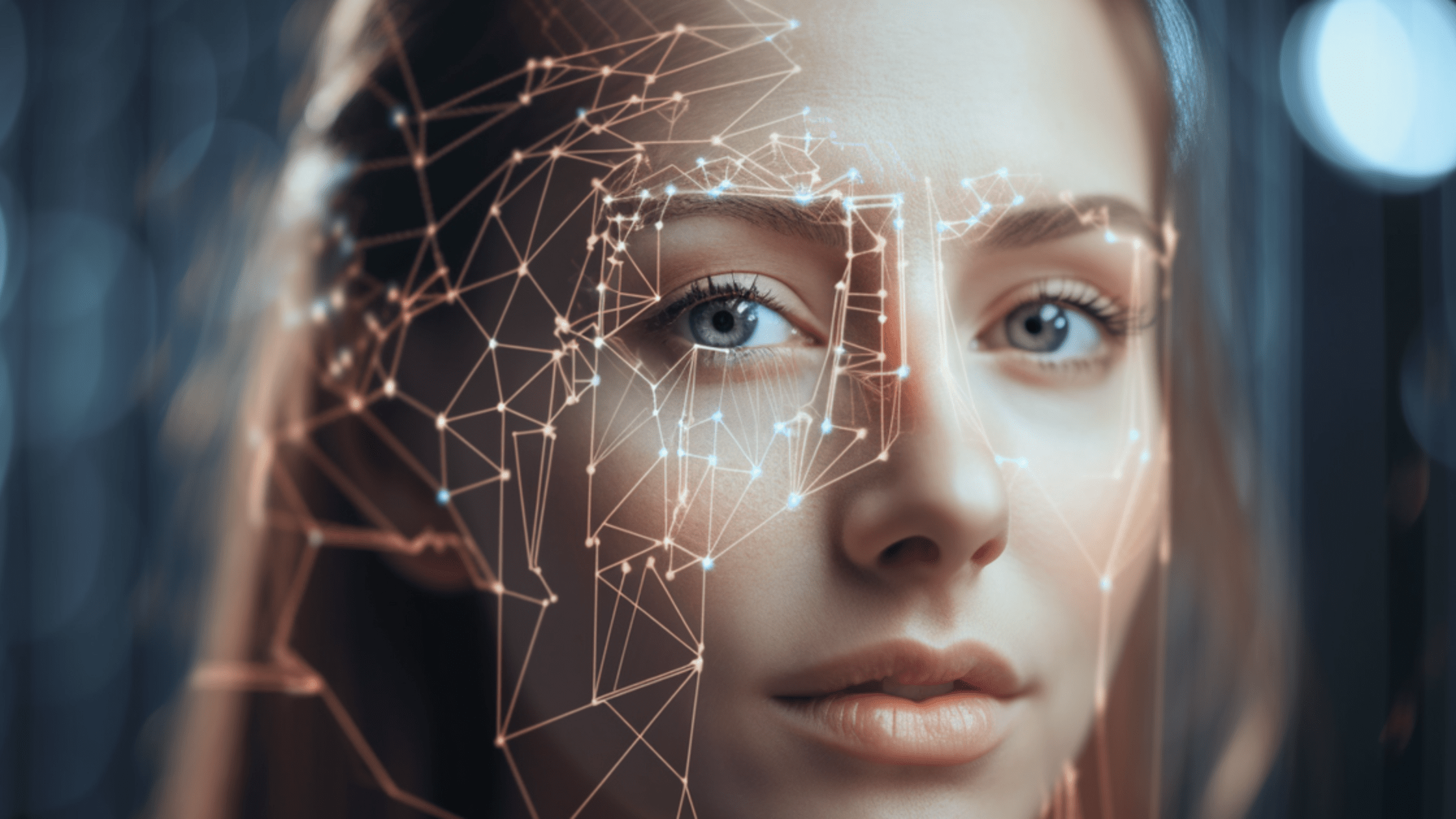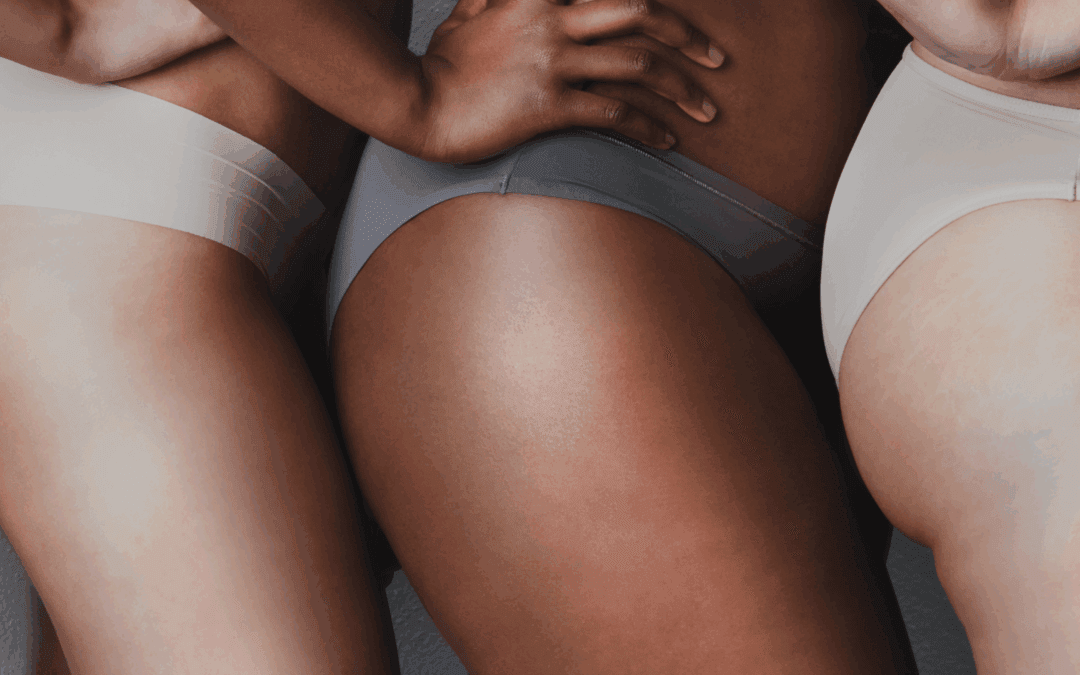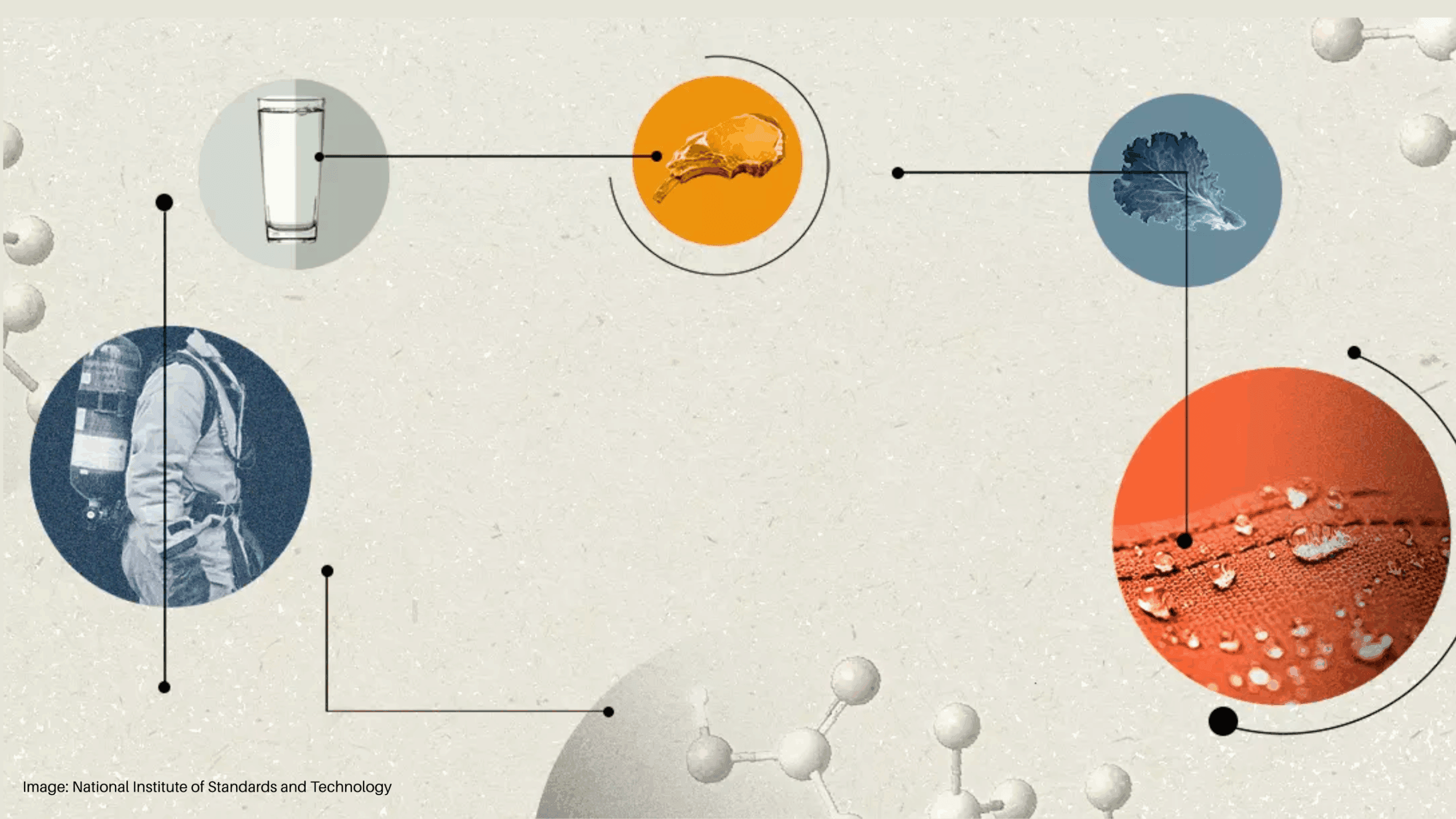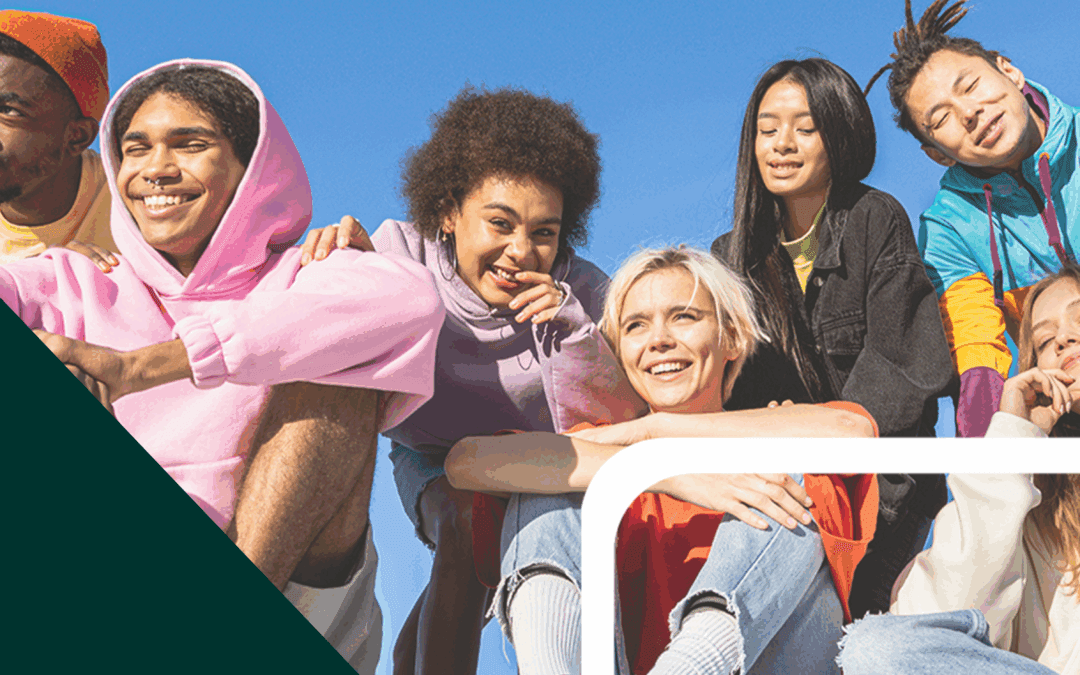As the beauty industry grapples with the dawn of AI, tech giants introduce regulations to protect creativity
According to the Value of Beauty Report 2023, Oxford Economics cited the development of AI as one of the key structural changes/challenges facing the personal care sector. As more and more brands start to harness beauty AI, conversations surrounding the morality of image creation have been whirring.
With artificial intelligence under the microscope, Meta has announced the labelling of all AI-Generated images on its platforms. In an attempt to crack down on – and catch up with – the giant of AI, Meta is working with industry leads to have more control over online content.
Admitting that there is a need for more transparency concerning what images are generated by AI, Meta plans to enforce labelling that will help protect people from the confusing blur of virtual and reality.
In a press release on 6th February, Meta’s President of Global Affairs Nick Clegg said: ‘Meta has been a pioneer of AI development for more than a decade. We know that progress and responsibility can and must go hand in hand.’
Photo-realistic images created by Meta’s own AI generator are already labelled with ‘Imagined with AI’ by visible markers and invisible watermarks. The next step is to achieve this level of regulation with AI-generated images created by other users and companies’ tools – something that will require collaboration across the tech industry.
The beauty industry has been one of the many sectors that has both embraced AI’s opportunities, and navigated its early hurdles.
The exciting wave of new technology has allowed a surge of creativity. Brands have begun to successfully incorporate gen AI to help consumers select the right products, to permit virtual try-ons, and to enable strategic marketing campaigns. AI has opened up a world of possibilities for brands who learn to harness its power, allowing them to reach the demands of consumers more than ever before.
The unknown nature of AI has also been a challenge to navigate for both creative industry insiders and consumers. In the past year, the rise of AI beauty filters was flagged as a cause for concern due to their realistic and seamless application, whilst early controversial experiments with AI models have been used by renowned brands such as Levis. Perhaps it is this seemingly unpredictable blur of reality and technology that led to nearly 30% of make-up artists to express hesitancy about the impact of AI upon their jobs.
Hopefully with Meta’s new emphasis upon making AI’s boundaries clear, this concern will ease. As new regulations are introduced, including the labelling of AI-generated images, creativity will be able to flourish both in the real, and virtual, world.




